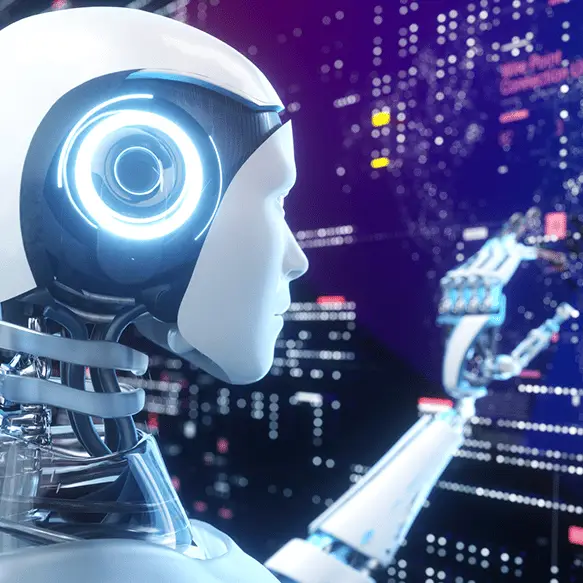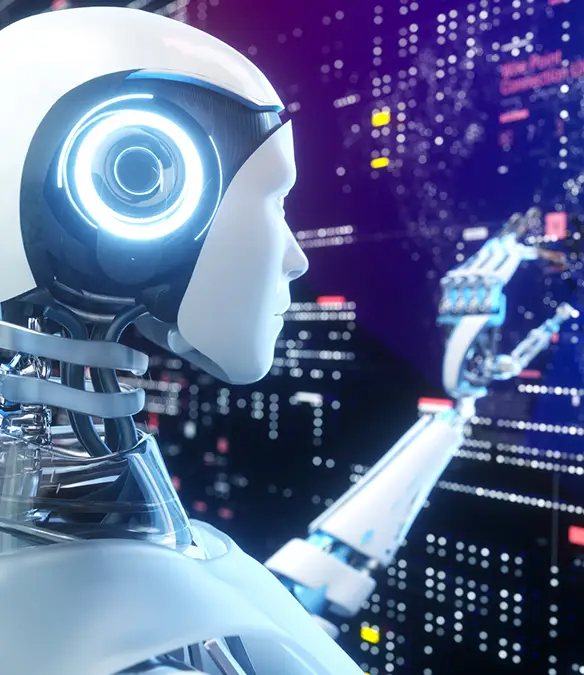
Have you ever felt like life is a bit too much like a movie?
It's as if we're all unknowingly choosing the blue pill, blissfully unaware of the true nature of our existence.
Even Tesla's Elon Musk has previously said it's more likely we're living in a simulation than not.
At a conference in 2016, he proposed that the likelihood of us existing in a 'base reality' rather than a simulated one is extremely low – one in billions, he suggested.
Advert
One scientist might just be holding the metaphorical red pill in his hand.
Melvin Vopson, a physics professor at the University of Portsmouth, has a theory that we might all be living in a computer simulation, similar to that of The Matrix.

His theory is backed by several clues that point toward our existence being in a simulated reality.
For one, Vopson points to the laws of physics which resemble a set of computer code. Another clue is the limitations of the universe such as the speeds of light and sound.
Whilst particles – the building blocks of matter – could represent pixels in a digital image.
And the physicist isn't just keeping it as a wild theory either. Vopson is planning an experiment to answer the burning question of whether we're living in a simulation.
He intends to collide particles and their antiparticles to see if they emit a specific light frequency upon annihilation.
If they do, it could mean that these particles contain information trying to escape, which could very much provide proof for living inside a computer programme.
'All particles have “anti” versions of themselves which are identical but have opposite charge,' Vopson explained.

In his new book called 'Reality Reloaded: The Scientific Case for a Simulated Universe,' Vopson highlights that his simulation theory is 'inherently speculative.'
According to Vopson, one of the most convincing arguments for living in a simulation is the existence of symmetry.
Professor Vopson said: 'Symmetry is everywhere because it's how the machines 'render' the digitally constructed world.
'This abundance of symmetry, rather than asymmetry, in the universe is something that has never been explained.'
From the patterns on butterfly wings to snowflakes, this symmetry could be the result of a digital world created by computer machines.
Vopson continued: 'When we build or design things we have to use the most symmetric shapes to simplify the process.
'Just imagine building a house from bricks that are not the standard shape of a brick. If the bricks were in a totally irregular shape, the construction would be almost impossible or much more complicated.
'The same is when we design computer programs or virtual realities – and this maximises efficiency and minimises energy consumption or computational power.'